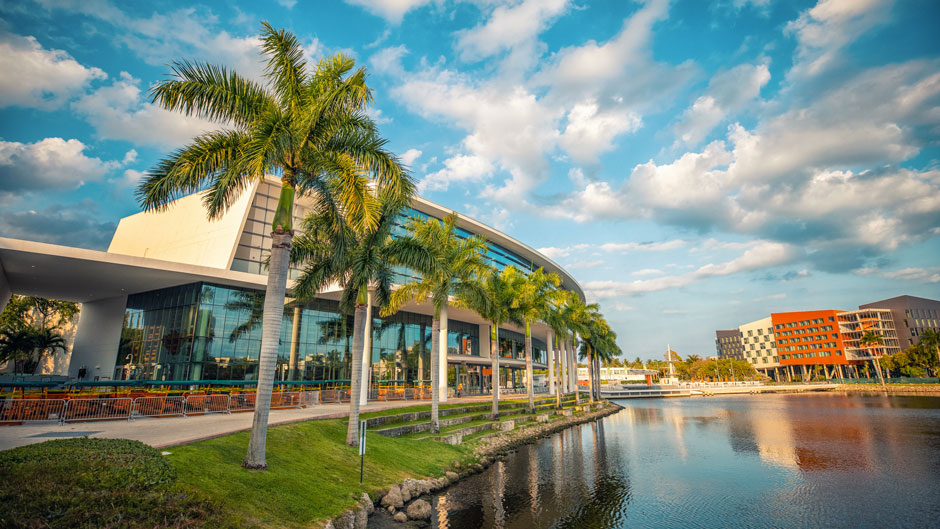University of Miami President Julio Frenk held a virtual roundtable with student media representatives Thursday, expressing that he is hopeful the campus will reopen for the fall semester—but with enhanced measures prioritizing the health and safety of students, faculty and staff members, and visitors.
During the Zoom call, he told representatives with The Miami Hurricane, UMTV, and Distraction Magazine that new and returning students can expect some activities, events, and classroom settings to be “reimagined” as the University continues to proactively respond to the coronavirus pandemic.
“Things aren’t going to be the way they were when you left,” Frenk explained, specifically referring to large lecture classroom settings and mass social gatherings. A sense of familiarity will remain, he said, adding that “the essence of the college experience will be there.”
Frenk, a renowned public health expert who has experience in addressing and leading through four pandemics, created a task force of University leaders—including Jeffrey Duerk, executive vice president for academic affairs and provost, and Patricia Whitely, vice president for student affairs—that is analyzing ways to maintain a high-quality student experience but prioritizes efforts focused on health and safety.
The summer study abroad programs have been suspended, and Frenk said future study abroad programs in the fall will "very likely" be postponed, but a final decision has not been made.
Frenk introduced four pillars to returning to campus during the meeting:
- Testing: UHealth, the University of Miami Health System, has ramped up its efforts to have enough diagnostic tests available for every member of the University of Miami community in an effort to utilize contact tracing and subsequently isolate individuals with the virus.
- Containment: If a member of the University community tests positive for COVID-19, locations have been identified that can be utilized for isolation purposes.
- Separation and physical distancing: From dining halls to tailgating to football games to classrooms, Frenk and the task force are working diligently to redesign campus life. Spaces like the Shalala Student Center will still be open for use, but personal protection equipment, like face coverings, may be used. Furthermore, classroom settings that normally call for 100 students or more will likely have lectures delivered in a high-quality online format, with smaller breakout sessions where students can keep six feet distance between one another for discussions and laboratory work.
- Vaccinations: Just as it did before the coronavirus pandemic, the University plans to continue its efforts to educate and vaccinate against influenza. Moving forward, Frenk said the flu vaccine may be a requirement for all especially because this will be the first flu season the community faces exposure to both the novel coronavirus and influenza simultaneously.
Frenk said students and families should expect decisions for the re-opening of campus and the fall semester by June to allow individuals to make plans to return.

